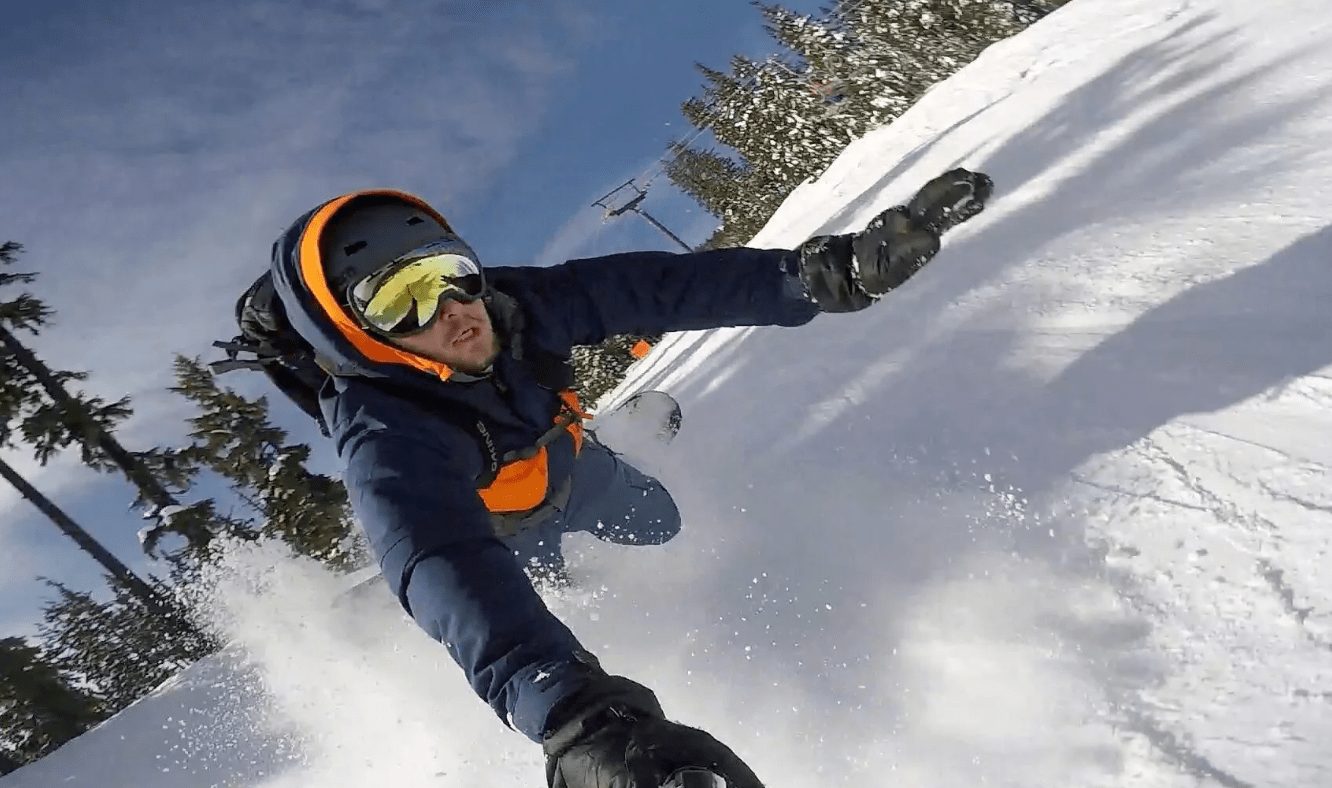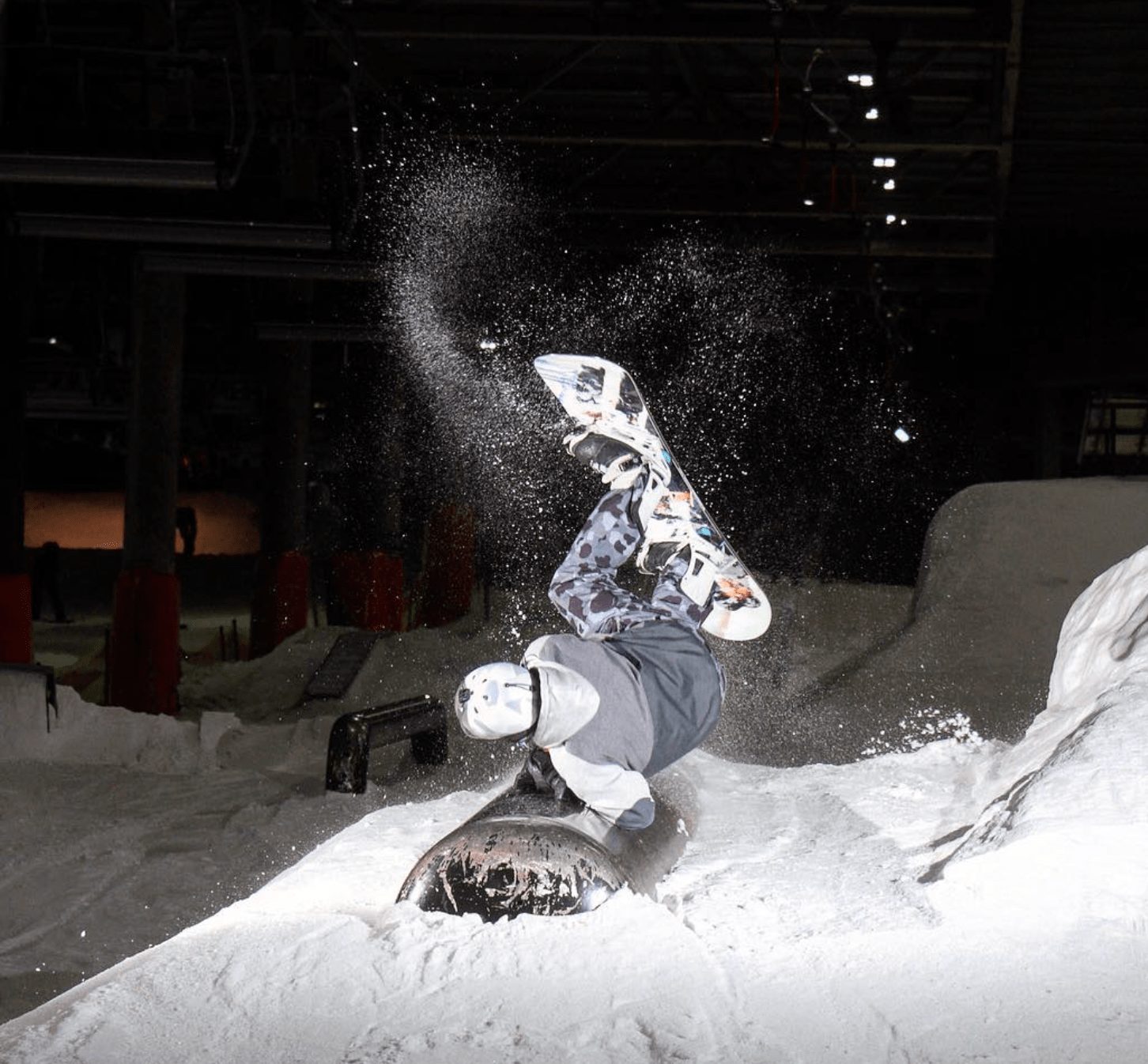
Despite snowboarding being one of the most fun activities in the world, it certainly comes with its fair share of risks. When snowboarders crash, they will often suffer serious injuries as the snowboard does not release like a ski, and the board’s edge can act like a break and cause a sudden stop of momentum, resulting in fractured bones. In fact, according to data from the National Ski Area Association (NSAA), snowboarders are 56% more likely to get injured than skiers. These risks are well documented, but they hardly dissuade snowboarders from getting out on the mountain with their friends and shredding hard.
Here are the top five most common snowboarding injuries, according to a study by the American Journal of Sports Medicine.
#5: Medial Collateral Ligament (MCL) Injuries
MCL injuries are not the most common, but they are one of the most serious injuries in snowboarding. These injuries are typically season-ending and can require surgery. When falling or slamming, twisting of the knee is what causes these injuries. The twisting motion stresses the ligament and can cause partial or complete tears. Not to mention, these injuries are incredibly painful. It is important to do knee-strengthening exercises such as squats in the offseason, and wearing protective gear like a brace may help lower the chances of a serious knee injury.
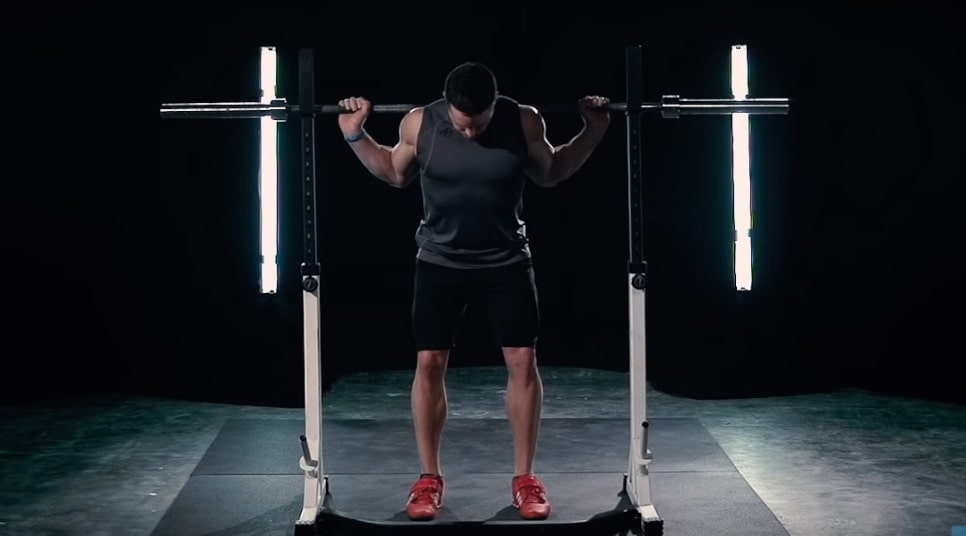
#4: Leg Contusions
Leg contusions, while they tend to heal up quickly, can be very painful. Leg contusions are soft tissue injuries to the upper leg, typically occurring when falling over and landing directly on the leg. Symptoms of a leg contusion can include pain, swelling, bruising, and tightness. Leg contusions are difficult to avoid, but rolling on impact when falling can help lessen the direct contact on the leg.
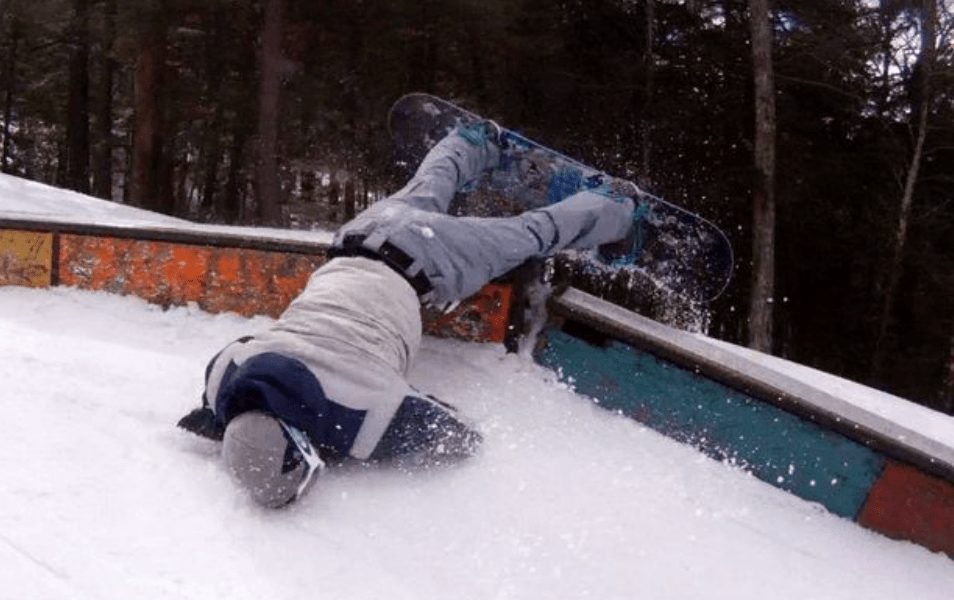
- Related Article: Top 5 Most Dangerous Sports at the Winter Olympics
#3: Ankle Sprains
Even though your feet are strapped into the board, ankle injuries are still commonplace in snowboarding. Ankle injuries typically happen as a result of an incorrectly sized boot. Movement of the feet on impact stresses the ligaments in the foot, causing ankle injuries. The best way to prevent ankle injuries is by wearing a properly sized boot and avoiding overuse.
#2: Shoulder Soft Tissue Injuries
Because snowboards are ridden sideways, riders tend to fall right onto their shoulders. Shoulder injuries, specifically soft tissue injuries, are widespread. These injuries happen on slams when the shoulder makes hard contact with the snow. Like the other injuries, proper falling technique is key to avoiding shoulder injuries. One strategy is to roll on impact, ensuring the force is distributed evenly across the body.
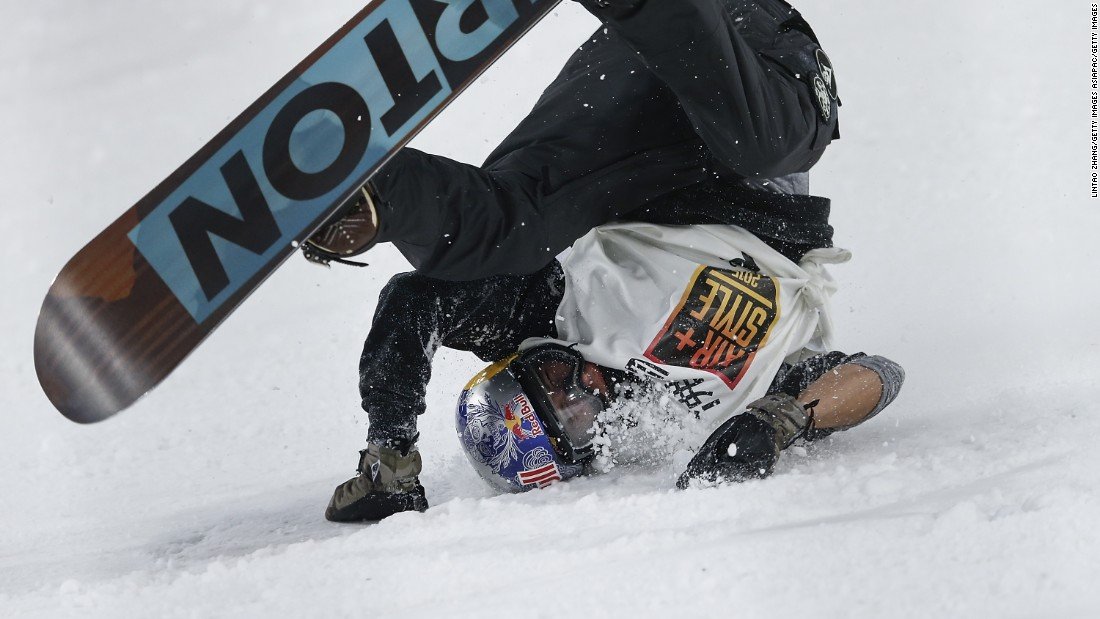
#1: Wrist Injuries
Wrist fractures are very common injuries, especially among beginners. The first instinct when falling is to use your hands to catch you, which is when wrist injuries happen. Wrists cannot support the weight of the fall, causing them to fracture. Because of this, proper falling technique is key. When falling, place your whole forearm on the snow to distribute the impact force, but do not lock it out. Keep your arms loose and spread the impact using your body. This way of falling helps to minimize the likelihood of a wrist injury.
Snowboarders understand that what they are doing can be dangerous. That is why it is important to put yourself in the best possible position to be safe when getting some turns in. Understanding your body and limits and knowing when to take things easy is also important. So always remember your helmet and happy shredding.
